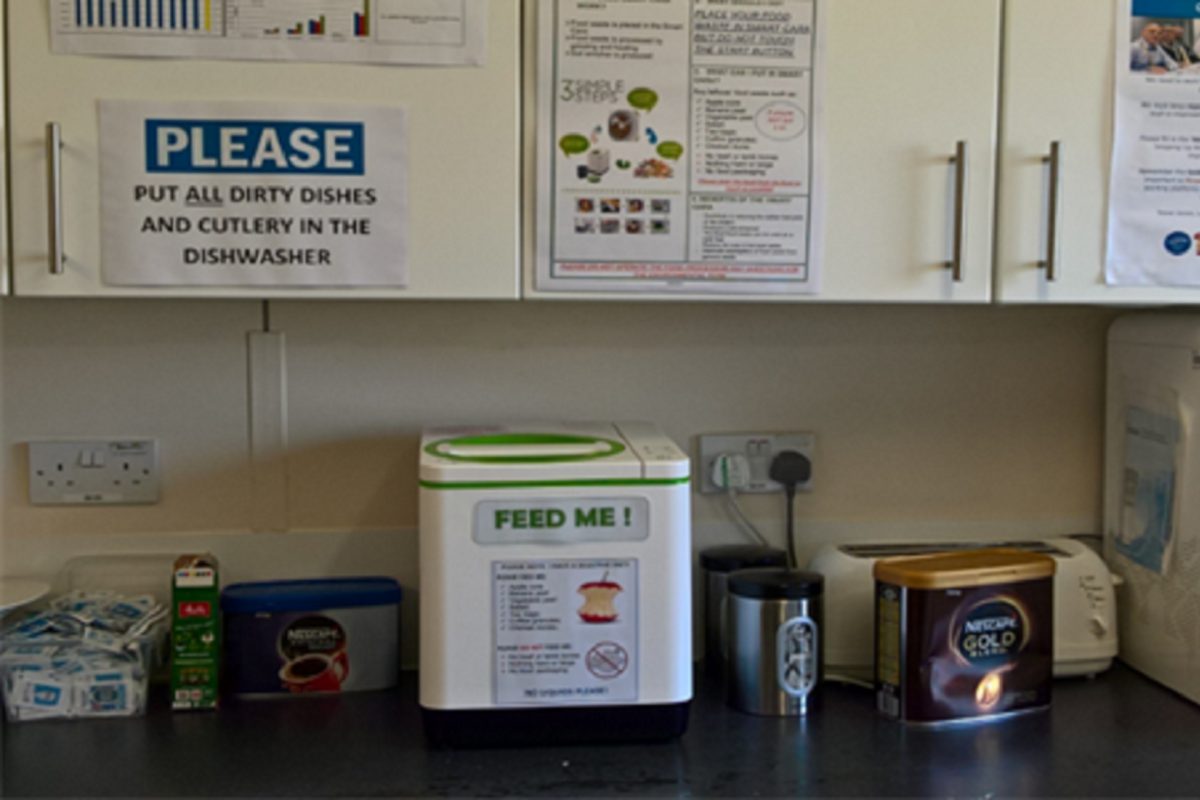Crossrail West Stations Project receives a CEEQUAL rating of Excellent
Overview
The Crossrail West Stations Project received a CEEQUAL Excellent Whole Team Award due to the commitment of the project to implement sustainability throughout the project. Various social and environmental initiatives with economic benefits were undertaken.
About
Network Rail is the owner and infrastructure manager of most of the railway network in Great Britain. It’s part of the Department for Transport, which reinvests its income in the railways.
Crossrail is a railway construction project centred around London. Its aim is to provide rapid transport across the capital by connecting two major railway lines terminating in London.
Background
Taylor Woodrow was awarded the design and build contract for the (Crossrail West Stations) project by Network Rail, which includes 13 different sites stretching along the existing Great Western Railway network from Acton Main Line to Maidenhead station. Each of the stations along the line was modified to accommodate the new nine-carriage, 200-metre-long, Elizabeth line trains, which are significantly larger than the existing trains running along the route. The project scope included extending platforms, modifying station canopies, installing footbridges and upgrading power supplies, mechanical and electrical equipment, station information and surveillance systems.
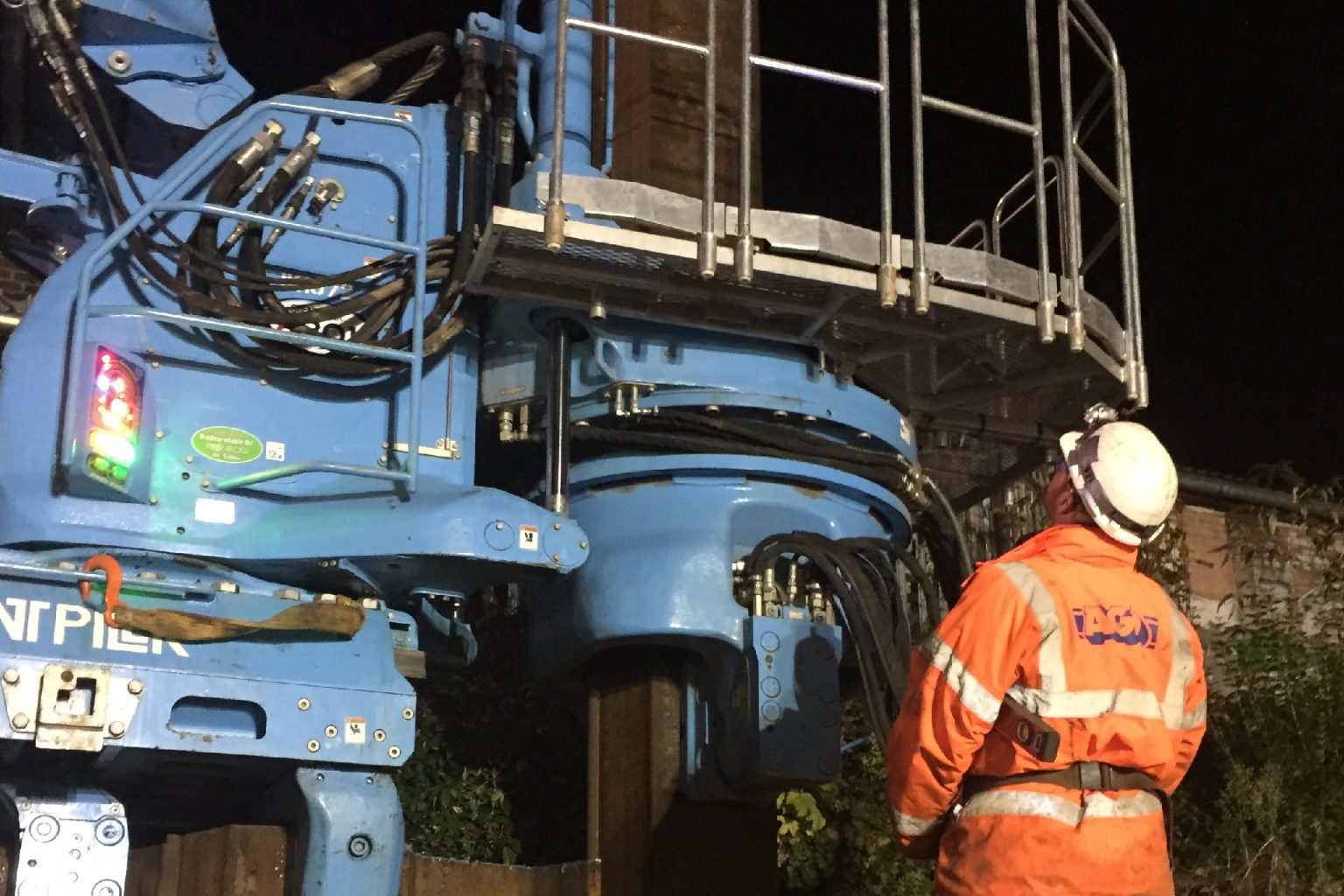
Challenges
The project affected millions of stakeholders as it stretched across 13 sites in London, South Bucks, Slough and Windsor, this presented many challenges that were critical to overcome if the project was to be successful. We’ll go over these in the following section.
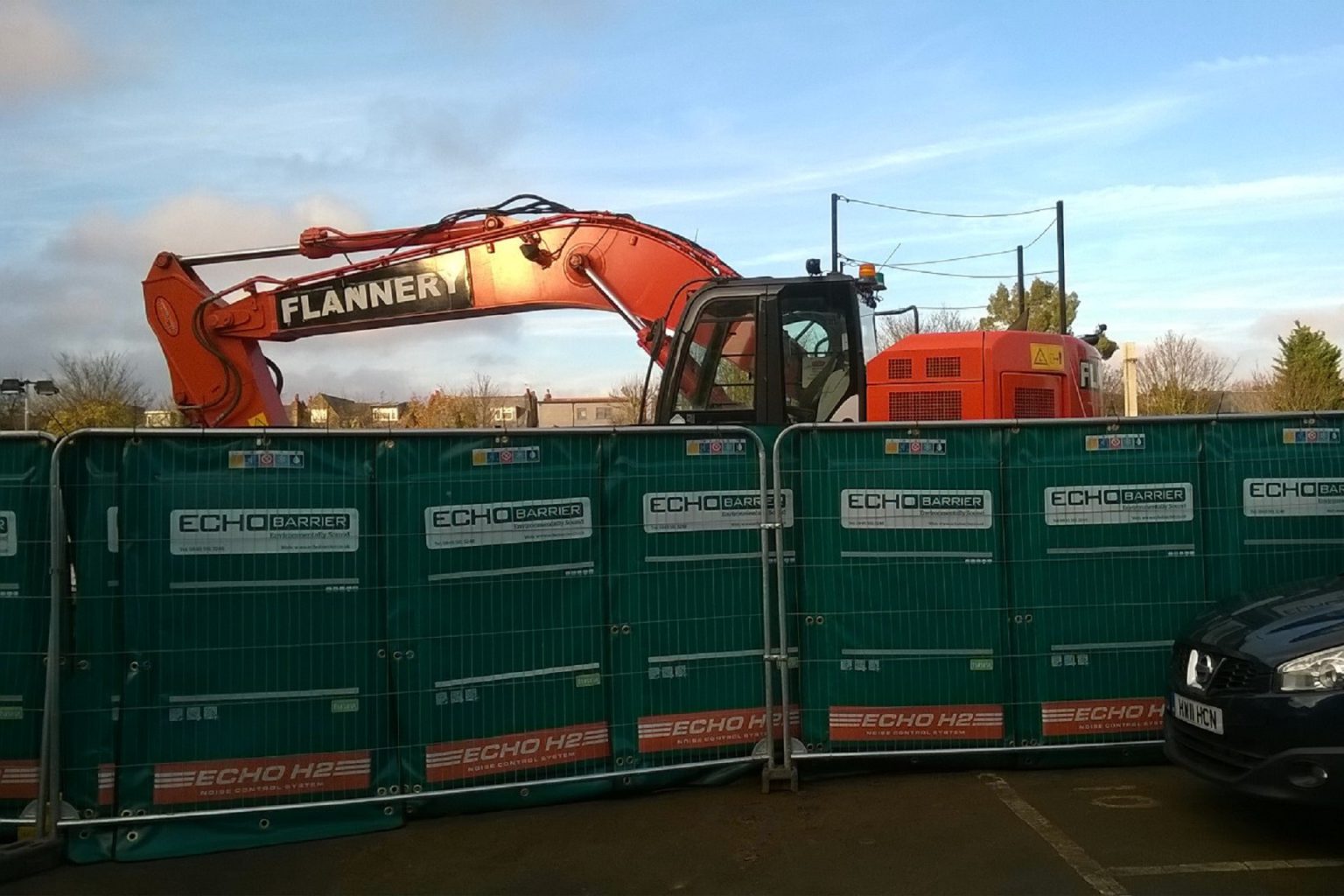
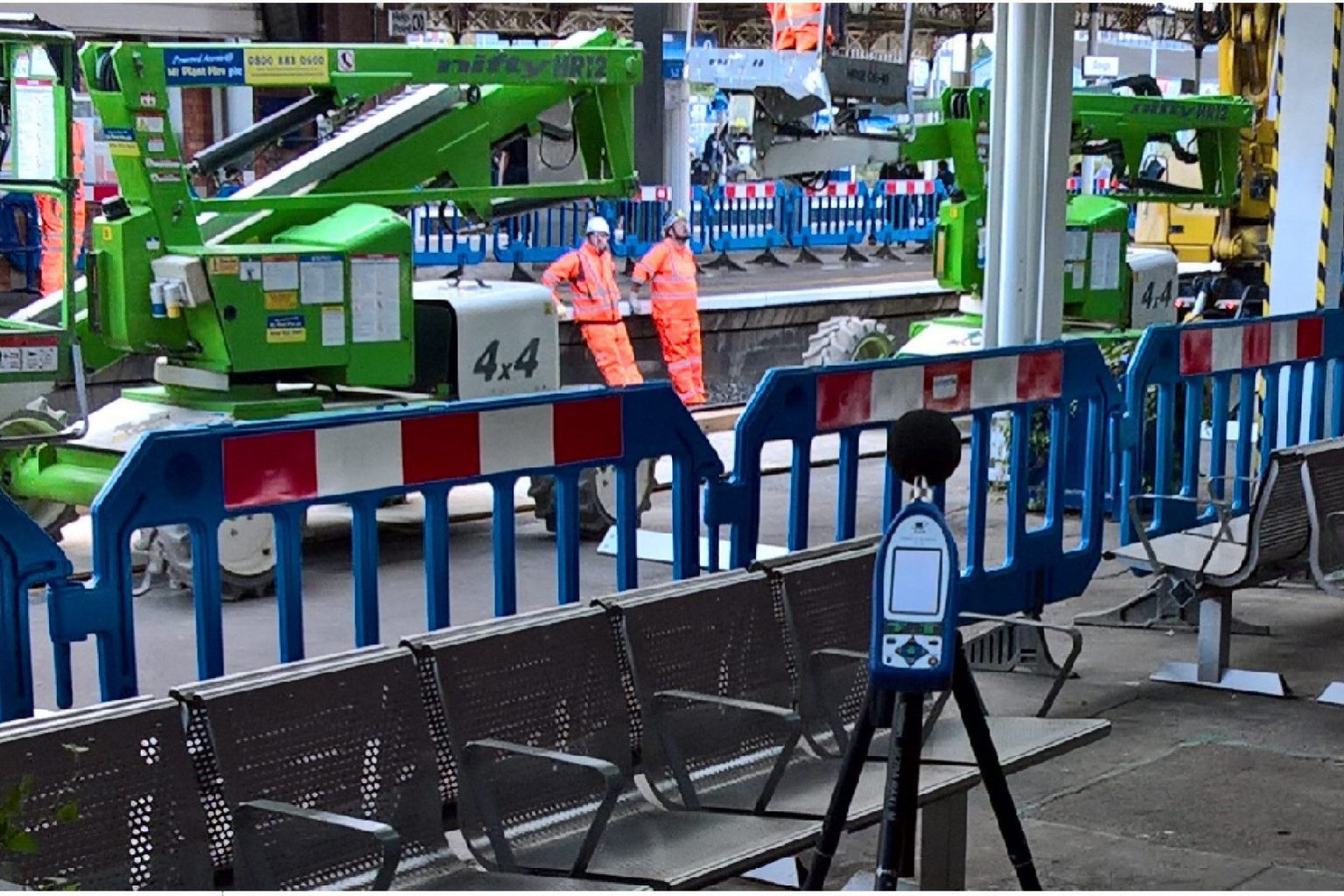
Solutions
Noise management
With the majority of the works undertaken at night when the trains are running less frequently, noise management was critical to the project’s success. The project required work to be undertaken within strict Section 61 conditions of consent agreed with the local authority. No enforcement actions or breach of the Section 61 occurred throughout the duration of the project. CWS purchased five semi-permanent noise monitors with a web based noise monitoring system that allows us to self-deliver real-time, 24/7 noise monitoring. This meant the site team could react to noise trigger alerts while the work was being carried out and could investigate the issue right away rather than a noise consultant providing the data the next day. The daily noise data allowed monthly compliance reports to be produced which were sent to the closest sensitive receptor at the Ealing Broadway site.
In addition, every effort was made to reduce the noise operations created by the operations, for example, using silenced equipment where possible (such as the use of super silent generators, hybrid lighting towers, and a Giken Silent Piler when sheet piling); using prefabricated construction elements; erecting acoustic screening; and arranging acceptable working hours or in some cases re-programming works to minimise the impact on the public.
Community and stakeholder engagement
The project scored 100% in section 12 (relations with local community and stakeholder) of the CEEQUAL assessment. Community engagement for CWS was a non-contractual requirement, however the project was committed to maximising community engagement opportunities and minimising negative community impacts. A Community Manager role was created by the principal contractor to manage the project’s stakeholder relations activities such as complaints, letter-drops, door-knocking and drop-in centres; and to pro-actively invest in the community with initiatives such as mentoring programmes, school presentations, work placements, fundraising activities, and volunteering days. CWS not only focussed on leaving the community with an improved railway system but with a lasting commitment which will continue long after Crossrail starts operating. Some of the community initiatives they were involved in over the duration of the project includes:
The Engineering Education Scheme – a scheme which involved mentoring six college students through a six-month real-world engineering project. The students won the contribution to business award for the scheme.
A three-day Budding Brunnel Workshop run in association with the Construction Youth Trust.
Volunteering at the Network Rail and Crossrail stall at the Slough play day event.
Volunteering with the Canal & Rivers Trust to clean up the river and embankment at Hayes & Harlington.
Volunteering at the Horsenden Hill Farm (Perivale) to help with planting, weeding, sieving and relocating compost and clearing the farm.
Presenting at local schools both to secondary and sixth form college students.
Attending Notting Hill & Ealing High School’s Career Convention
Presenting to 45 civil engineering students on site. Presentations on topics such as Engineering Design, Management and Operation, Health & Safety and Environment as well as career pathways.
Influencing over 900 students from local schools within the community.
Planting vegetables at Haven Green compound along with Springhallow Special School students with 4 Taylor Woodrow Mentors in attendance.
Collecting food for Ealing food bank
Raising approximately £35,000 for local charities and organisations.
Vegetable gardening and rain water harvesting
To enhance biodiversity, five vegetable planters made from plastic drainage pipes and wood pallets which would have been disposed in the recycling waste skips were installed in the Ealing Broadway site compound. Spare and unwanted garden tools were donated by project staff to encourage reuse of materials on the scheme as much as possible. Vegetables, herbs and flowers, such as tomatoes, potatoes, mint, chives, sunflowers, were planted in the garden by children from the Springhallow School (a local special school for pupils aged 4-16 years with a diagnosis of Autism). The children also planted and took home individual sunflower pots. The garden was maintained by a number of staff who had volunteered to regularly water and weed them.
A rain water harvesting system was installed within the office compound and used for watering the gardens. This scheme contributed to improving local community engagement; increasing sustainability awareness both within the project and locally; improving biodiversity through rain water harvesting, reuse of materials, planting vegetables, flowers and herbs.
Food waste processors
In addition to this, the project purchased three food waste processors called Smart Cara, an innovative way of disposing food waste. Leftover food waste produced in the office is placed in the Smart Cara. The food waste is heated and grinded (to one tenth of its weight) to produce a soil enricher. The low energy food waste processor runs on just approximately 250W of energy per month. The soil enricher produced from Smart Cara was mixed with compost and used for planting the vegetables. This scheme contributed to reducing the number of general waste collection and bin liner cost; and production of a soil enricher; and reducing carbon emissions through onsite food waste treatment and reducing the number of waste collections required.
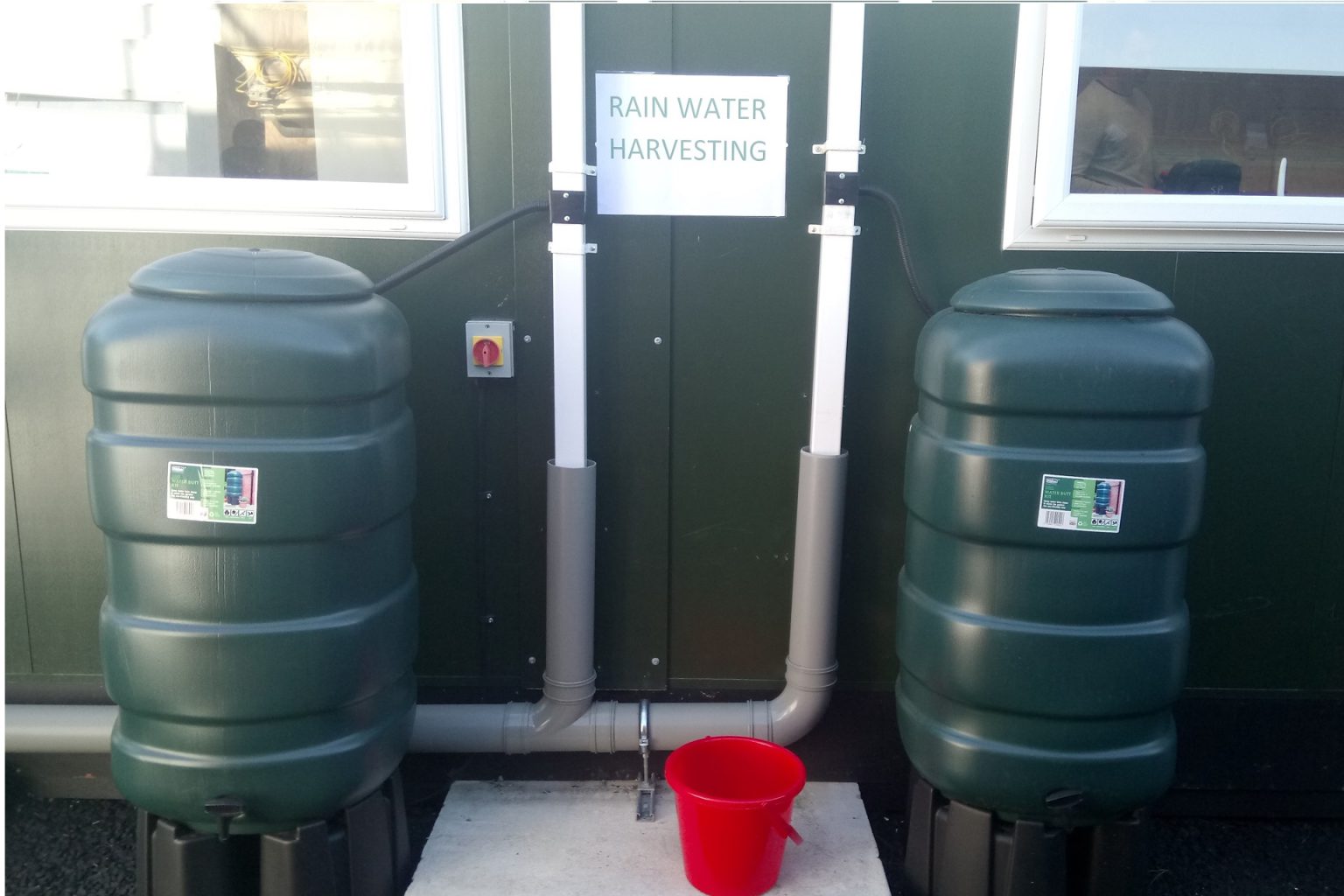
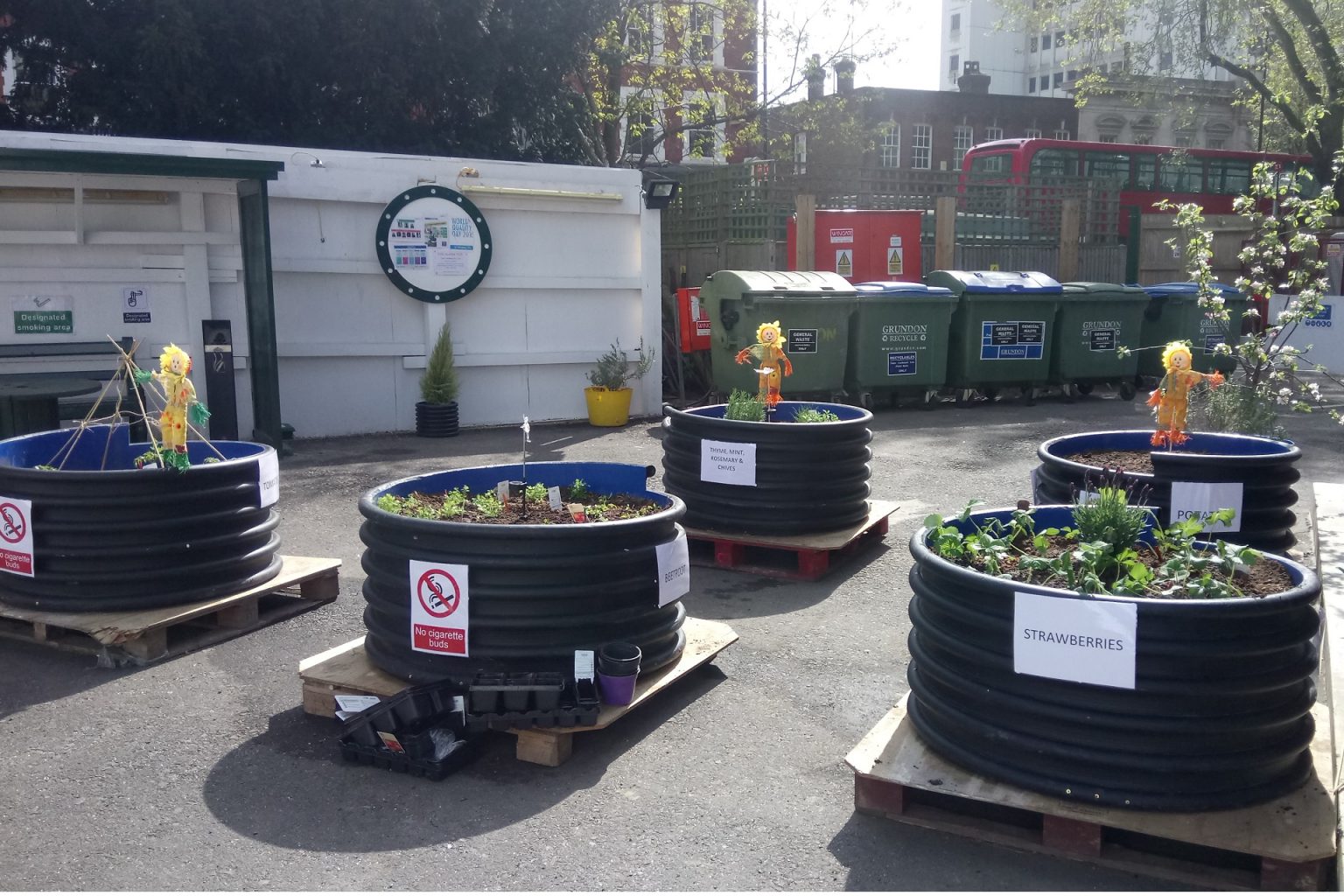
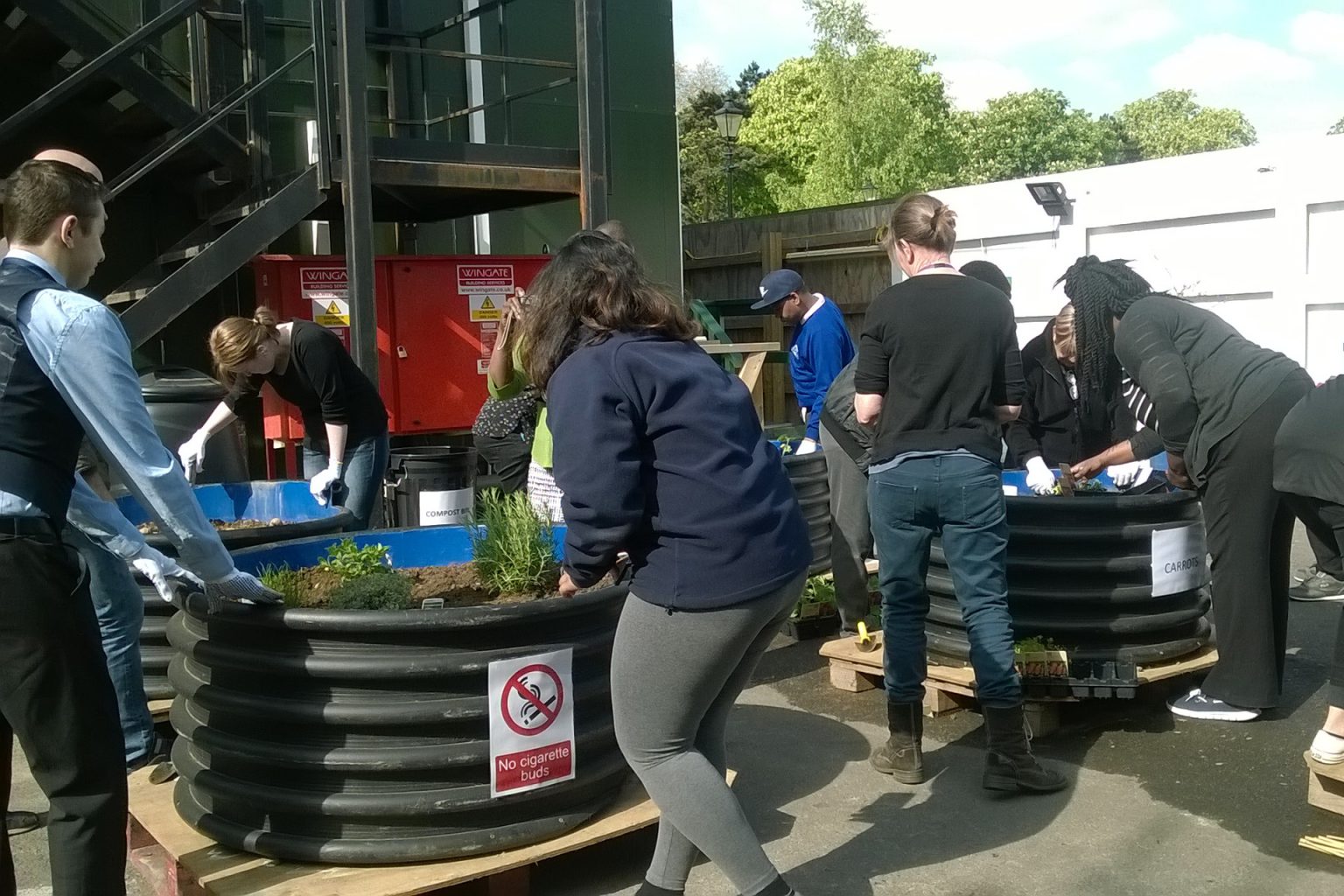
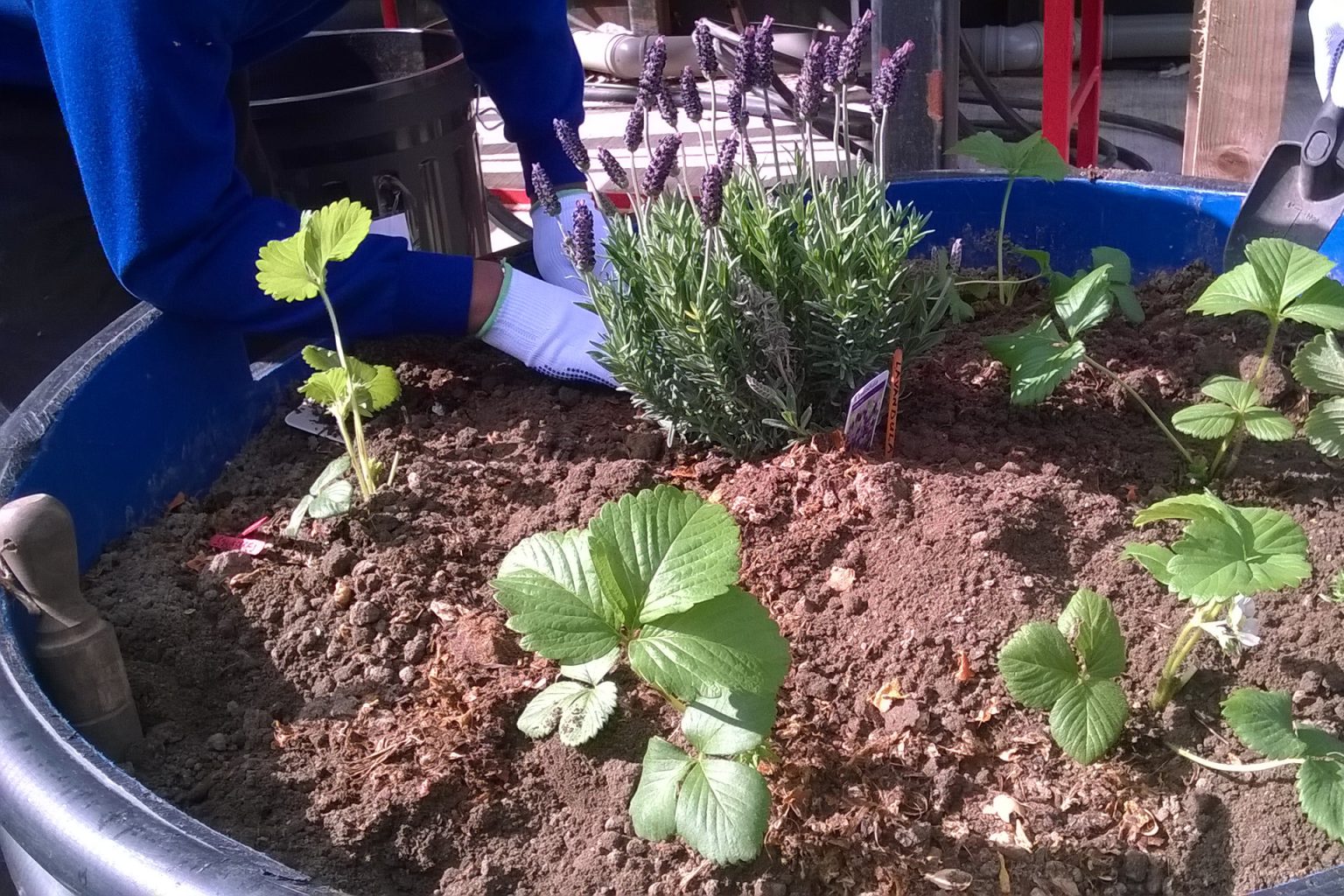
Benefits
The initiatives and innovations implemented by the client go above and beyond the contractual requirements on the project. Their efforts were recognised by two major awards, the Great Western Rail & Crossrail Sustainability award and Green Apple award. These initiatives were led by a Project Director, three full-time environmental and stakeholder staff – all of whom worked with various design, engineering and construction departments to successfully integrate sustainability management into our day-to-day operations.
A vegetable garden, food waste processors and a rain water harvesting system were installed at the Haven Green site office in Ealing Broadway. Noise management initiatives included 24/7 web-based monitoring that had an amber and red alarm system to notify site teams; Section 61 posters and tool box talks tailored to the specific works; and use of plant that reduces noise levels, were implemented across the project.
The client carried out many community initiatives, the more notable activities included projects that raised awareness of career opportunities in local schools, mentoring school students through a real-world engineering problem, and volunteering time to clean-up the Hayes canal.
